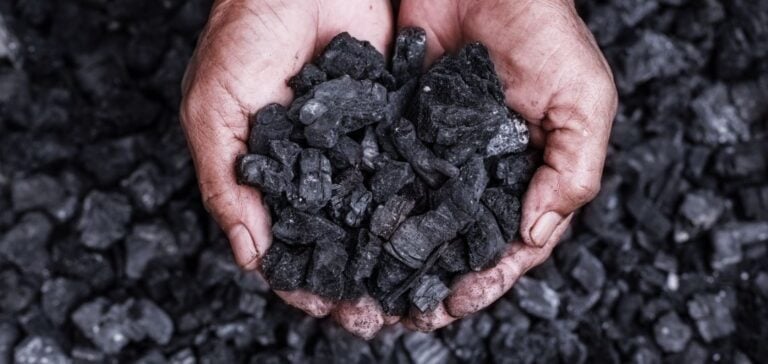The 29th United Nations Climate Change Conference (COP29), held in Baku, Azerbaijan, marked a turning point for the future of fossil fuels. Twenty-five countries, along with the European Union (EU), signed a major commitment: to stop constructing new coal power plants. This agreement aims to reduce global greenhouse gas emissions and align climate policies with the objectives of the Paris Agreement.
According to the signatories, which include the United Kingdom, Australia, France, Germany, and Canada, this commitment also calls for updates to national climate plans. These updates will ensure that no new coal power plants are built without carbon capture and storage technologies.
An uneven energy transition
In several European countries, such as the United Kingdom, abandoning coal is already a reality. This year, the UK closed its last coal power plant, marking the end of this energy source in its energy mix. However, despite these advancements, some nations, such as Poland and Germany, remain heavily reliant on coal.
Globally, the situation remains alarming. In 2023, the total coal-based electricity production capacity rose by 2%, indicating that many economies continue to depend on this resource, particularly in Asia. China and India, two of the world’s largest coal consumers, have expanded their coal power plant fleets, contrary to scientific recommendations to limit global warming to 1.5°C.
The socio-economic impact of a just transition
Some signatories, such as Colombia, emphasize the challenges posed by the energy transition for economies heavily dependent on coal. Colombian Minister of Mines and Energy Omar Andrés Camacho Morales stressed the need for a “just transition” to minimize social and economic impacts on workers and local communities.
In Africa, Uganda’s commitment highlights the difficulties faced by developing countries. Ruth Nankabirwa Ssentamu, Uganda’s Energy Minister, reminded that these nations are already enduring the extreme effects of climate change, such as flooding, while also having significant potential to develop renewable energy.
A global call to action
For the signatories, this commitment represents a clear signal to major nations still reliant on coal. Wopke Hoekstra, European Commissioner for Climate Action, stated that this initiative should serve as a model to encourage other countries to accelerate their energy transitions.
The next major milestone is expected at COP30, scheduled for 2025 in Belém, Brazil. The signatories hope this event will rally more nations to this objective, although the task will be challenging given the likely opposition of countries like China and India.






















